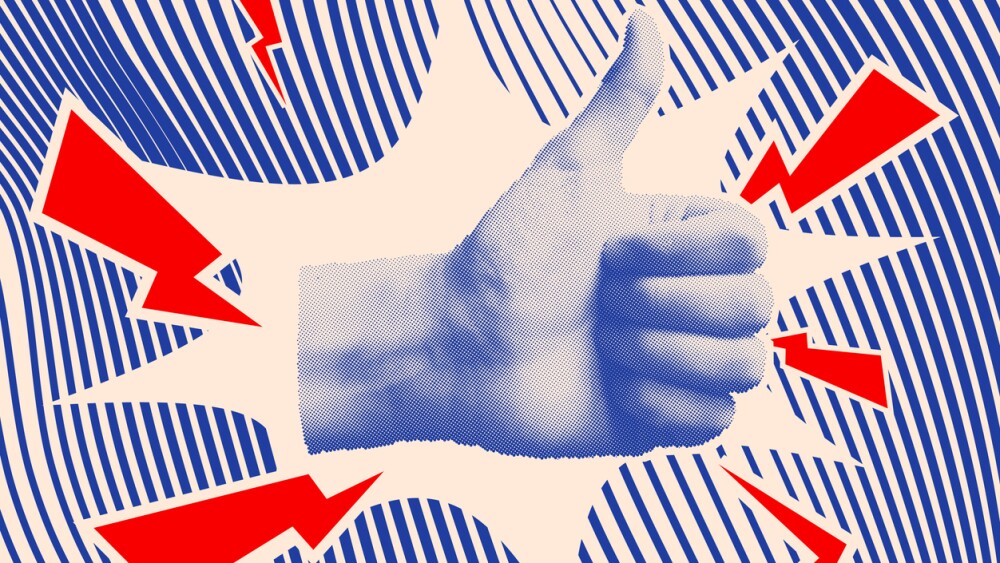AdvaMed, the Washington, D.C.-based trade group that represents medical technology companies, brought its campaign to repeal an excise tax on medical-device manufacturers to the University City Science Center Monday afternoon.
Industry officials and elected officials from the region spoke out against the tax saying it would cost jobs, prompt some companies to move operations overseas and hurt the United States’ standing as a world leader in medical innovation.
A 2.3 percent excise tax on medical-device makers’ products was part of the Affordable Care Act. The tax, designed to help pay for the national health-care reform measure, is scheduled to go into effect in January. It is expected to raise $20 billion by the end the decade.
David Nexon, a senior executive vice president at AdvaMed (the Advanced Medical Technology Association), said a study released by the trade group shows the tax would result in the reduction of tens of thousands of jobs.
“We’re already seeing layoffs this year in anticipation of what could happen next year,” said Nexon, who labeled the excise tax “innovation- inhibiting” and “counterproductive.”
Christopher P. Molineaux, president of Wayne, Pa.-based Pennsylvania Bio, said Pennsylvania has about 600 medical technology device and diagnostic companies that employee more than 20,000 people across the state. He said those jobs are among the more than 80,000 in the state’s life sciences industry that pay an average wage of $84,000 a year.
Among the elected officials at the press conference, who all spoke in favor of repealing the excise tax, was U.S. Sen. Pat Toomey, R.-Pa., who said he thought the levy was “ill-conceived” because it taxed companies on revenues and didn’t take into account whether a business was profitable.
U.S. Rep. Patrick Meehan, R-Pa., said there was a misconception that all medical-device manufacturers are “big behemoths,” when in reality 80 percent of Pennsylvania’s 600 medical-device companies employ fewer than 50 workers.
Meehan said the medical-device industry is already facing increased competition from places like India and China. “You hear about the growth of the middle class in places like China and India,” he said. “I don’t want it to be at the expense of the middle class here in Pennsylvania.”
U.S. Rep. Erik Paulsen, a Republican from Minnesota who introduced legislation to repeal the excise tax, also attended the press conference and noted his bill has bipartisan support with 229 co-sponsors.
Toomey said he believed the effort to repeal the tax will pass in the House, but have a tougher time in the Senate.
AdvaMed came under criticism in an early impact study released last year for failing to take into account the increased demand for medical devices should 32 million people who were previously uninsured get health coverage under the health reform law. Other pointed out the excise tax provides no incentives to move operations overseas since it would tax devices sold in the United States regardless of where they are manufactured.
After the press conference, Nexon defended AdvaMed’s report, saying the tax is just one more element in a unfavorable regulatory environment — the slow FDA approval process and other corporate tax policies being others — that has companies looking overseas. Additionally, he said, while more people will be insured, the greatest users of medical technology are the elderly population, who already have insurance through Medicare.




